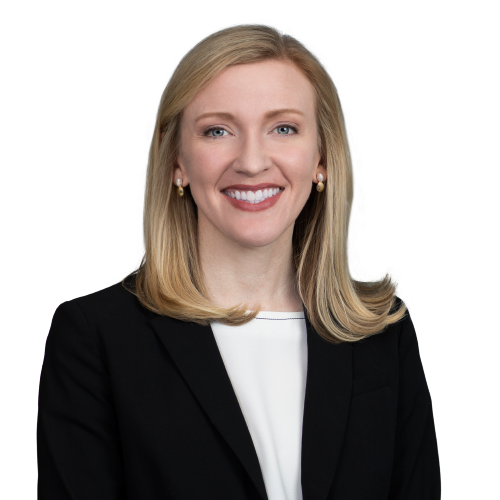False Claims Act Liability Based on Implied Certification
When the U.S. Supreme Court granted certiorari in Universal Health Services v. United States ex rel. Escobar in late 2015, health care providers began optimistically awaiting a decision. This case is expected to decide whether the False Claims Act (FCA) can be used as a sweeping enforcement mechanism for general regulatory compliance.
Escobar involves a subsidiary of Universal that operates a mental health clinic in Lawrence, Massachusetts, and receives governmental funds from the state Medicaid program. The respondents are the parents of a clinic patient who died of a seizure. They claim Universal, by submitting bills to the state Medicaid agency for services rendered by its staff members, fraudulently misrepresented that those staff members were licensed and supervised in accordance with Massachusetts law and consequently violated the FCA, relying on the liability theory of "implied certification."
Earlier this year, major organizations representing the health care industry offered arguments to dispute the implied certification theory. Those filing amicus briefs in favor of Universal included the American Hospital Association, Federation of American Hospitals, and Association of American Medical Colleges. These groups urged the court to consider that the implied certification theory "renders the complexity of the Medicare and Medicaid programs a potential gold mine for opportunistic relators." The American Medical Association quoted the court’s previous warning, "expansive readings of the FCA can create ‘almost boundless’ liability."
Universal argues violations of regulatory requirements do not render a claim for payment false or fraudulent. Rather, liability for implied certification, if any, "must rest on noncompliance with an expressly stated condition of payment."

